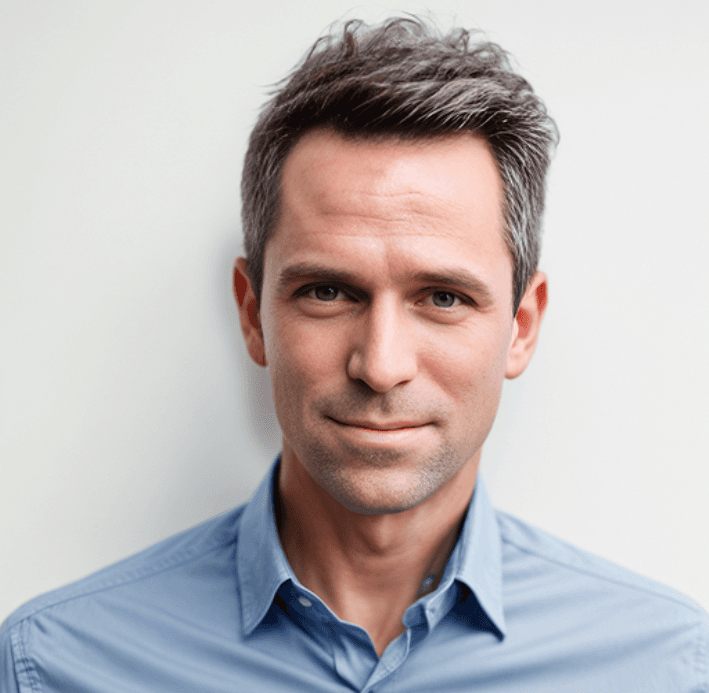Back
17 Mar 2023
Fitness is an infinite game

Dr Jarrad Van Zuydam | Sports Physician
Simon Sinek published “The Infinite Game” in 2018, a business book describing a concept he borrowed from James Carse (“Finite and Infinite Games”, 1986). In it, he argues all games are either finite or infinite.
Finite games have a clear set of rules, a designated endpoint, and criteria to separate the winners from the losers. Poker, tennis, Monopoly, and meeting your quarterly sales targets are all examples of finite games.
But Sinek says there is no such thing as winning business. You can have wins within business but, ultimately, the game carries on.
Infinite games have rules that are constantly changing, with players that come and go and no real endpoint. The goal is simply to stay in the game. He says that adopting an “infinite mindset” can allow business leaders to build stronger, more innovative, and more inspiring organisations.
While reading his words, I realised how applicable his thinking is to the game of health and fitness. You can’t win fitness. The rules keep changing through injury, illness, ageing, or circumstance. You’ll experience wins and losses, but the game carries on until the day you die.
Most of us approach health and fitness with a finite mindset. We want to shed 5kg before summer, crack 30 minutes for a Parkrun, or be ready for that mountain-bike marathon. But when the deadline comes and we’ve either passed or failed, what then? Perhaps we set another loftier goal or perhaps we go back to Netflix and Ghost Pops. This repeated chasing of goals interspersed with periods of nothing leads to exhaustion, frustration and, ultimately, failure.
Health and fitness is an infinite game that requires an infinite mindset. There is no finish-line, no win state and no gleaming trophy. The aim is to play the game as well as you can, for as long as you can. Seeing health and fitness as a lifelong pursuit rather than something to attain can remove the anxiety and stress associated with pursuing a goal and help you find joy in the process itself, rather than the outcome. The result? Year-round motivation instead of false-starts and disappointments.
That’s not to say that you shouldn’t have short-term goals in place for your fitness journey. Well-constructed goals (see the SMART goals framework for more on goals) are effective in motivating health and fitness gains, but we shouldn’t see them as the final destination. By all means, dig into the data, celebrate your small wins, and track your progress, but never lose track of the infinite game that matters most. Be comfortable with the realisation that you may win a few laps, but that the finish-line will never come into view.
Applying an infinite mindset to your athletic life will allow you to realise your true potential in races, adventures, training, and life itself. Every so often, I get asked what I am training for. Frequently, I don’t have any specific event or race in mind so my answer is always the same: “I am training to train.”
And that’s just fine by me.













